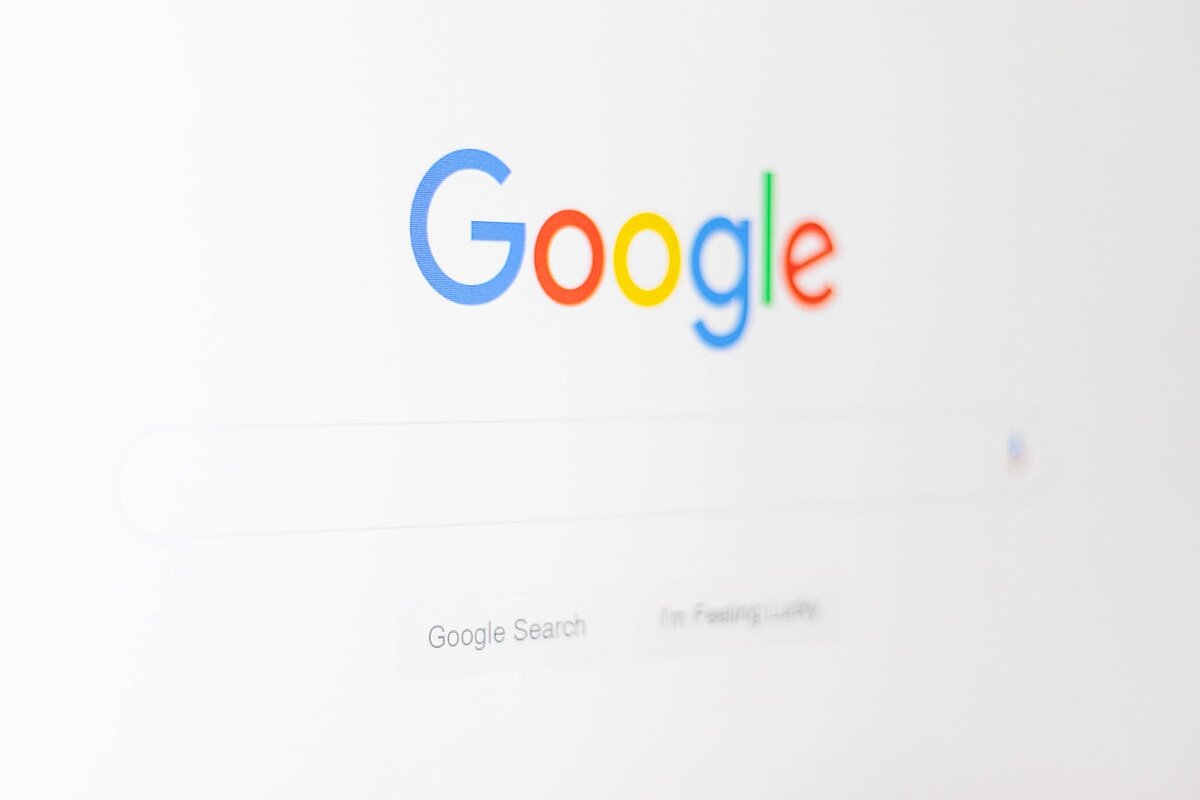Buying online has now become a common practice for everyone. Making an online purchase implies facing a huge number of choices and information.
Google's latest research on this topic, "Decoding Decisions," dating back to July 2020, found that behavioural sciences can be used to make the search network's ads more effective.
But what are behavioural sciences? They are disciplines that allow us to understand what factors are most relevant to make a user click on our ad. It is therefore important for brands and companies to be present in the customer's journey with the right message simply by being found when they perform their searches.
The five behavioural science principles for creating an effective ad that is as appealing as possible to our audience are:
1. Power of free. Mentioning free offers, coupons and guides in your ad can be a great incentive to attract users to click through.
2. Authority Bias. It means having reliable sources or expert opinion in your ad; this will bring more credibility to my advertising.
3. Social heuristics. Recommendations, reviews, or feedback will be able to provide more interest and trust.
4. Context. Context is a very important factor to consider, and sometimes changing its perspective can help people revaluate a product or service.
5. Premium associations. This means demonstrating the high quality of a product by associating it with other elements considered to be of equally high quality.
The following principles, also known as "bias," are then able, if applied (you do not necessarily have to apply all five), to change buyers' opinions and preferences about their favourite brand. They will make the user consider other things and not just one brand. This was also confirmed by Google's research that surveyed a sample of 12,000 people and whose results in this regard were positive.
In addition, among the "context" biases, it was realized that the "pratfall effect" is capable of arousing strong interest. It involves inserting a flaw or negative aspect within the ad just enough to make the brand more human. For example, the Google firm had included the phrase "Our rooms are intimate, our prices are low. In the end, the room is just for sleeping anyway.", where the word "intimate" is usually used as a synonym for confined spaces. However, the fact that the ad specifically said that so much, in the end, the rooms are just for sleeping made it appear as an advantage.
There are many brands that adopt this strategy and the results they receive are mostly positive, the customer feels closer to the brand and the brand is therefore more human.
This strategy is suitable for both established and emerging brands in that for established brands it is important to be present and to be in the light of consumers' eyes, for emerging brands, however, the principles of behavioural sciences applied to the ads of the search network, help to create a more level playing field in marketing and therefore to be visible and well positioned.
E-Business Consulting, a marketing agency since 2003, can help you create suitable Google advertising and Proximity Marketing strategies. Contact us for a free consultation.














